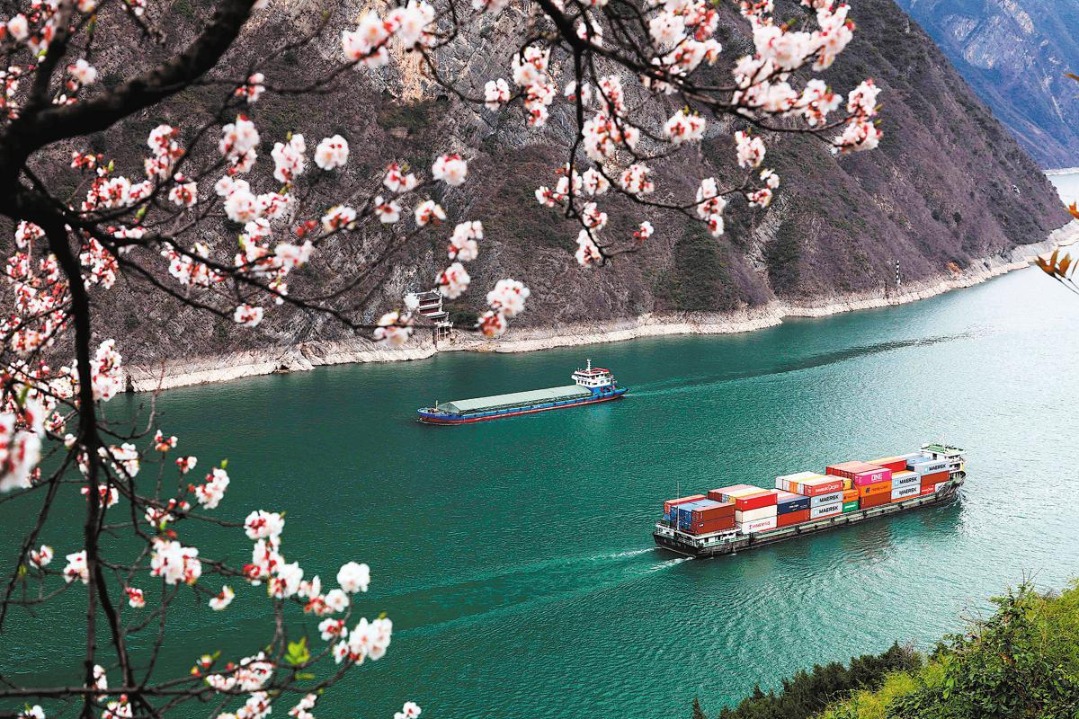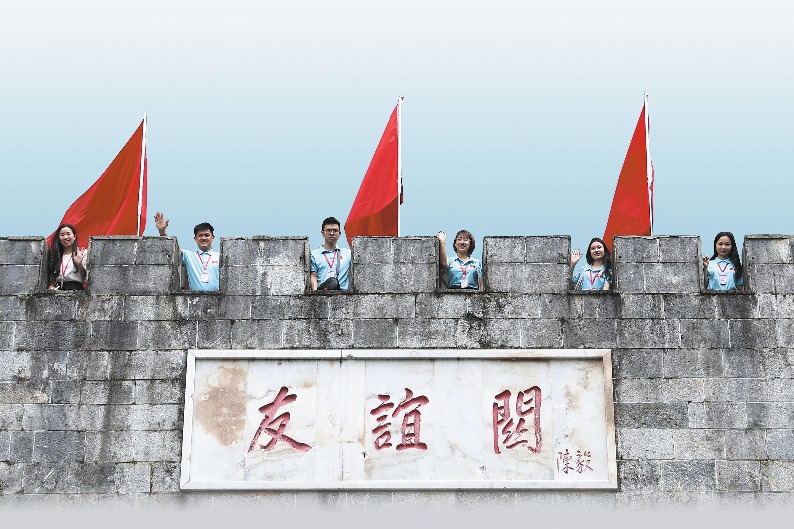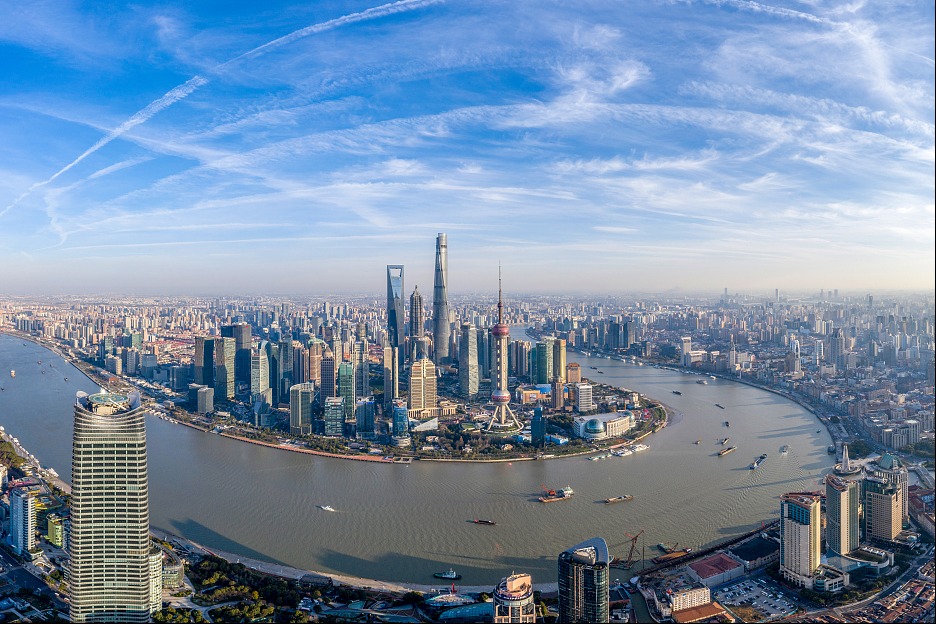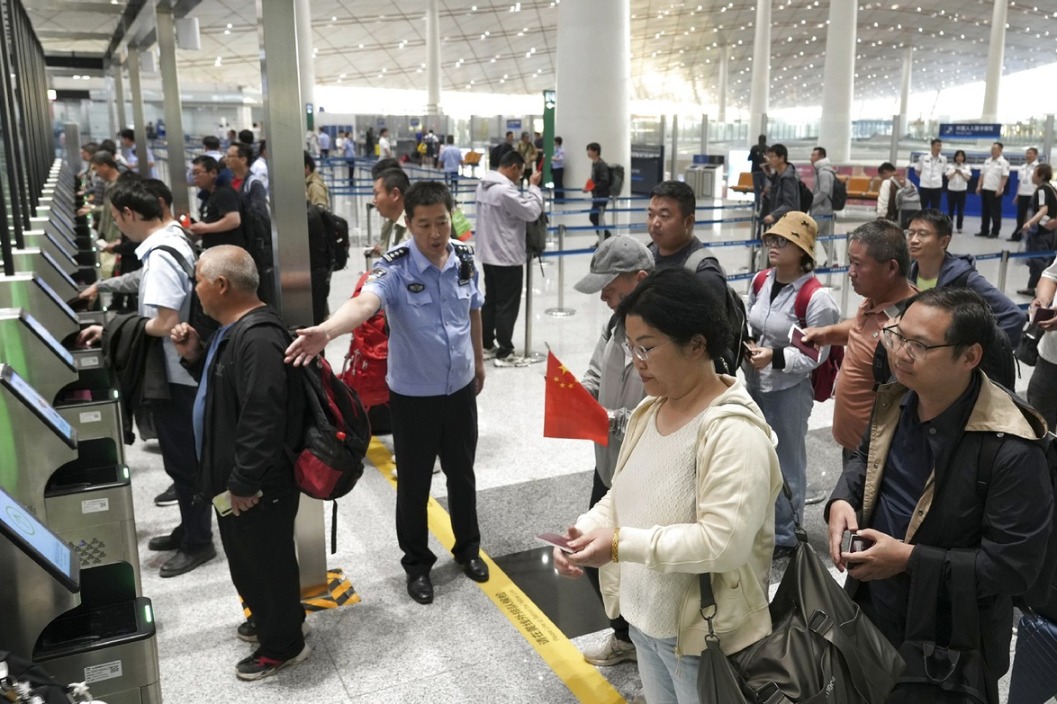River cleaners keep Yangtze waters clear
Workers in Wushan county ply Asia's longest river so all goes smoothly downstream


"Since the proposal of the 10-year fishing ban on the Yangtze River, our county has witnessed the retirement and docking of 325 fishing boats, the demolition of 24 illegal docks, and the cleaning up or rectification of over 60 small hydropower stations," Chen said.
In 2017, the Chongqing municipal government introduced a plan for a domestic waste classification system, and with the successful enforcement of mandatory waste sorting, the problem with the water quality primarily stems from natural causes or indirectly human-induced factors, rather than deliberate dumping, Chen said.
From the soil perspective, the challenging terrain of Wushan presents difficulties. The steep slopes of the mountains make them vulnerable to erosion during heavy rainstorms or persistent rainfall, causing sediment and loess to flow directly into the Yangtze River and pollute the water.
To address this issue, trees and grass have been planted to safeguard soil and water quality. This effort has resulted in a notable increase in forest coverage, with the current rate standing at 67.6 percent, Chen said.
The county has also promoted the standardization of agricultural practices and livestock breeding. This includes implementing centralized collection and processing of excrement and advocating for the use of environmentally friendly fertilizers, he added.























